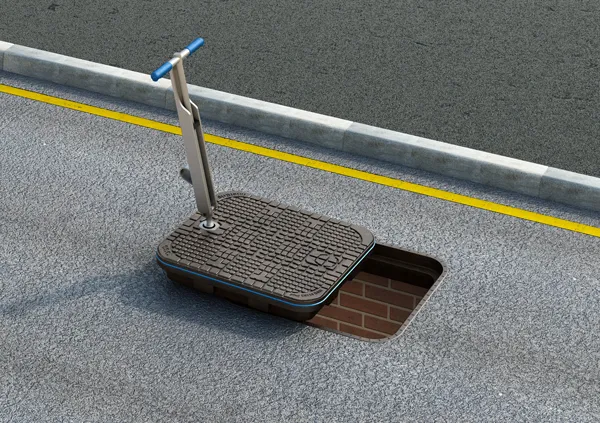The World Health Organisation has published a new report on road safety during 2015. Its global status report uses information from 180 countries and indicates that the total number of road traffic deaths has plateaued at 1.25 million/year worldwide. The annual global road fatality rate has remained roughly the same since 2007, a point worth noting considering growing vehicle numbers around the globe. Low income countries remain those of most concern for this report as in previous years. But some progress i
May 27, 2016
Read time: 3 mins
The World Health Organisation has published a new report on road safety during 2015. Its global status report uses information from 180 countries and indicates that the total number of road traffic deaths has plateaued at 1.25 million/year worldwide. The annual global road fatality rate has remained roughly the same since 2007, a point worth noting considering growing vehicle numbers around the globe. Low income countries remain those of most concern for this report as in previous years. But some progress is being made in addressing the casualty rate. In the last three years, 17 countries have aligned at least one of their laws with best practice on seat-belts, drink–driving, speed, motorcycle helmets or child restraints. However the report also reveals that the pace of change is too slow. Far more positive action is required to achieve the target for road safety reflected in the newly adopted 2030 Agenda for Sustainable Development: halving the global number of deaths and injuries from road traffic crashes by 2020. This WHO report has been funded by Bloomberg Philanthropies and is the third in the series. It provides a snapshot of the road safety situation globally, highlighting the gaps and the measures needed to best drive progress.
The report says that a multifaceted approach is required for the most effective and long-lasting changes to be made to national road safety. Changes have been achieved in a number of high performing countries that have taken on the Safe System approach, and have seen reductions in road traffic deaths and injuries. But the report points out that the challenge is for the downward trends in road traffic deaths seen in these countries to be replicated in other (mainly low- and middle-income) countries. This report shows that action is particularly necessary on a number of specific issues and changing road user behaviour is a key component of the Safe Systems approach. Lack of enforcement undermines the potential of road safety laws to reduce injuries and deaths. More work is needed to explore the best ways to optimise enforcement of existing road safety laws.
Insufficient attention has been paid to the needs of pedestrians, cyclists and motorcyclists, who together make up 49% of all global road traffic deaths. Making the world’s roads safer will not be possible unless the needs of these road users are considered. Making cars safer is critical. Vehicle technology has advanced enormously, yet while cars in high-income countries are increasingly safe, this report shows that almost 75% of countries around the world – notably low and middle-income countries – fail to meet even the most basic international standards on vehicle safety. Revelations over the shockingly low crash protection standards of popular vehicles sold in India and Latin America for example have highlighted the issue.
The report says that a multifaceted approach is required for the most effective and long-lasting changes to be made to national road safety. Changes have been achieved in a number of high performing countries that have taken on the Safe System approach, and have seen reductions in road traffic deaths and injuries. But the report points out that the challenge is for the downward trends in road traffic deaths seen in these countries to be replicated in other (mainly low- and middle-income) countries. This report shows that action is particularly necessary on a number of specific issues and changing road user behaviour is a key component of the Safe Systems approach. Lack of enforcement undermines the potential of road safety laws to reduce injuries and deaths. More work is needed to explore the best ways to optimise enforcement of existing road safety laws.
Insufficient attention has been paid to the needs of pedestrians, cyclists and motorcyclists, who together make up 49% of all global road traffic deaths. Making the world’s roads safer will not be possible unless the needs of these road users are considered. Making cars safer is critical. Vehicle technology has advanced enormously, yet while cars in high-income countries are increasingly safe, this report shows that almost 75% of countries around the world – notably low and middle-income countries – fail to meet even the most basic international standards on vehicle safety. Revelations over the shockingly low crash protection standards of popular vehicles sold in India and Latin America for example have highlighted the issue.









